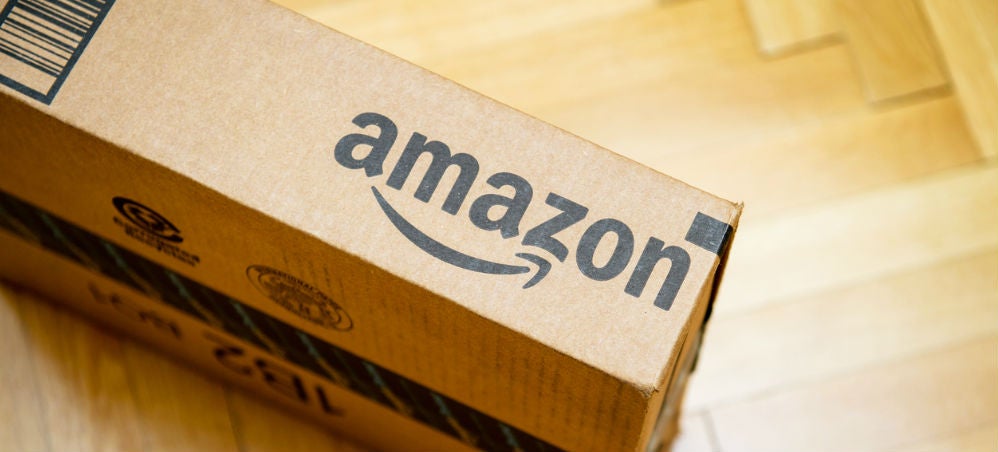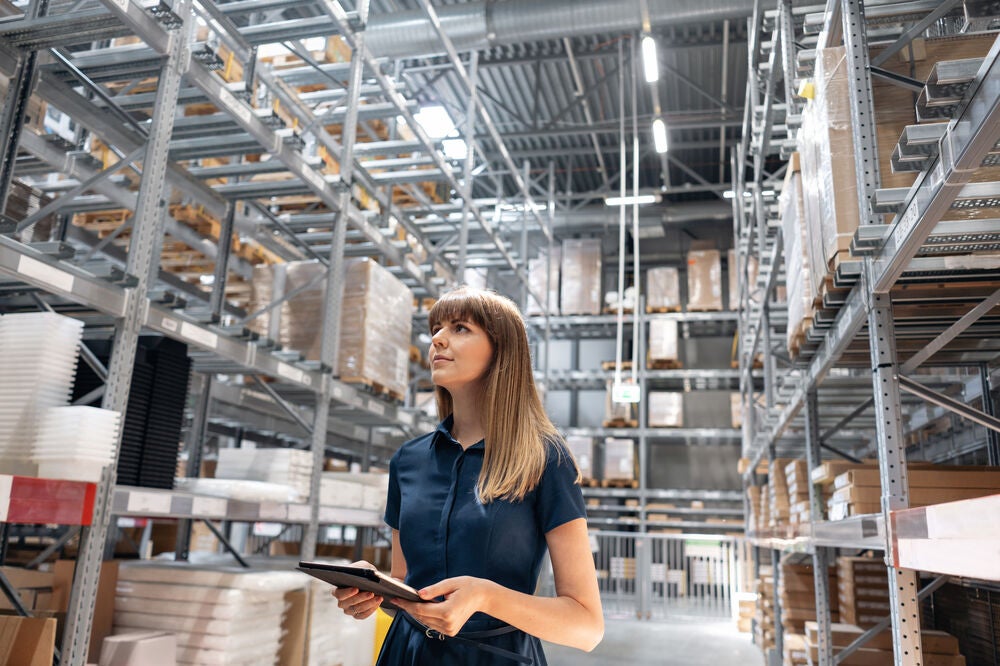Are you prepared for the impact of Amazon?

Australian retailers have been wringing their collective hands in the lead-up to the arrival of Amazon, which launched in Australia this month.
The US juggernaut has sent retailers here into a spin, prompting countless analysts and retail experts to speculate on what the arrival will mean for our retail landscape.
The so-called ‘digital giant’ has led to the demise of shopping malls in the US as bricks and mortar stores struggle to respond to the need for speed and the convenience of online – which Amazon does at lightning speed.
Of course, Australian consumers will vote with their wallets, and only time will tell what it means. But according to Australia’s Retail Doctor Brian Walker’s own research, only 22 per cent of consumers think Amazon will change their shopping behaviour.
Walker believes that retailers need to dial up their in-store experience and emotionalise their brand attributes to build their customer connection and loyalty.
Woolworths, David Jones and Kogan have been preparing for the arrival of Amazon for months, focusing their energies on building online loyalty and introduce their own click and collect service – a popular part of the Amazon offering.
Australia Post is also rolling out parcel lockers at Woolworths stores and railway stations. It has also launched Shipster, a service that enables customers to save online delivery costs by purchasing through their portal. Myer, Harvey Norman and Kogan are among those to jump on board Shipster.
But many Australian consumers are fiercely patriotic, supporting local retailers every time they shop. The mid-year National Australia Bank’s online retail sales index also revealed that while multi-channel retailers such as David Jones, Woolworths and Myer appear to dominate e-commerce, small retailers are more than holding their own.
Shoppers here are creatures of habit, too. Research shows that infrequent online shoppers will continue to be infrequent online shoppers. Non-users won’t adopt, either, it shows.
What Australian retailers need to realise is that Amazon won’t suit everyone. While becoming a seller will give you access to all of Amazon’s products so that you can re-sell Amazon products in your own online store, you’ve got to consider what that might do for your own brand.
Amazon specialises in a few key markets – such as electronics, technology and books – but isn’t as strong in the fashion space, for example. So do your homework and decide whether Amazon is right for you.
The arrival of Amazon will give bricks and mortar stores the push to take the plunge into omni-channelling once and for all. Having a digital presence is the first step to an even playing ground, after all.
Online stores will need to make sure that their user experience is up to scratch, with the increasingly popular add-ons such as Afterpay, PayPal and express check-out mandatory to ensure retailers here aren’t losing sales at the last hurdle.
Australia’s more ordinary shopping malls on the outskirts of the cities will also need to shape up or face a drop in sales.
And there will also be a greater emphasis on faster shipping options, with the market ripe for a new startup offering a fast and cheap shipping alternative with a national footprint.
Get equipped for the changes in the Australian supply chain sector with the help of our master of logistics management degree. Learn more about our leading online programs or speak to one of our expert Student Enrolment Advisors today on 1300 701 171.




